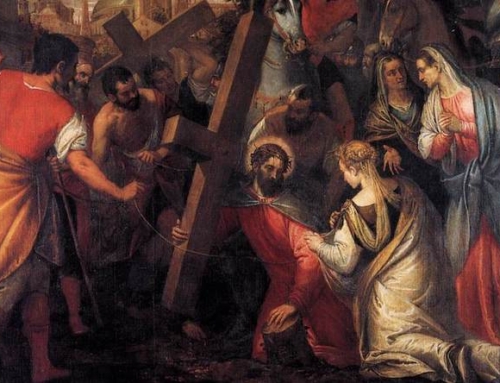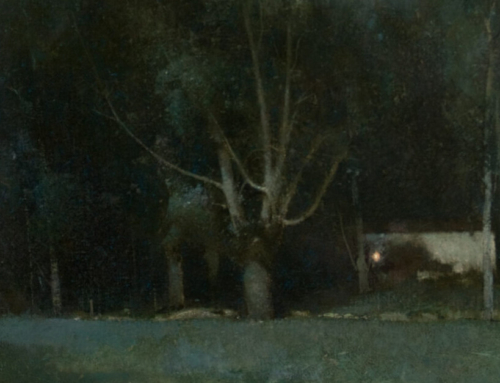2020 Summer Reading Recommendations:
Curing Mad Truths by Rémi Brague
This book may not be pleasant in the way of the normal “summer reading.” It lacks the cliff-hanging flair that whiles away a dull afternoon. But it has a story of its own, with its own twists and travails, its own surprises and revelations. This is a book of intellectual history, somewhere between a tale and an argument. The delight of reading it is like in watching a man clear debris from an old and beloved garden. The reader can’t help but catch his hope—that it will grow again.
The Tale: Brague proposes to tell us how the medieval truths have “gone mad,” exiled from a culture and faith (broadly put) that gave them sense. For instance, we want to believe in an inevitable progress, but we have left aside providence, left aside a belief in the creator who says, “it is good that you exist.” So our “progress” has become barbarous and inhuman, and our culture has become timid and individualistic.
The Argument: Brague asserts that the “project” of the modern world has failed. In hopes of discovering humanity anew, we tore away the ground that we were standing on. We tried to forge ahead without any guide, whether natural or divine. He argues, therefore, that if we hope to set behind us the many barbarisms of the twentieth century, we need a “new Middle Ages.”
By a “new Middle Ages,” he doesn’t mean, of course, a return to their political structures, but a return to the perennial foundations of human existence. We must re-discover who we are—what our nature is—and find a reason to say boldly, “It is good that we exist.” In a world where people doubt the worth of having families and children, where political discourse turns so often to violence, where true human community seems unattainable, we are in need of a return to our foundations.
God and nature (i.e., human nature)—these are the foundations of human existence. Looking at the whole human reality from these foundations gives a new perspective, and not just a “religious” perspective. Of course, God is at the center, but he has given this goodness to all men by their very birth and existence. So Brague brings forth examples from history, language, biology, art, literature—besides philosophers and theologians—to work toward this new (and old) vision of the goodness of human life.
This work has the sometimes-wandering course of a book which began as isolated lectures. But it has the unity of a conversation with a man who knows what he thinks. The argument might be faulted for circumstantial evidence (not uncommon in the history of ideas), and Brague is perhaps too quick to align a word’s meaning with its origins. But the reader catches the author’s enthusiasm in collecting his proofs. In a way, the proofs are incidental, examples of something that we shouldn’t have to prove: “It is good that we exist!”
✠
Photo by Jacob Stone on Unsplash







